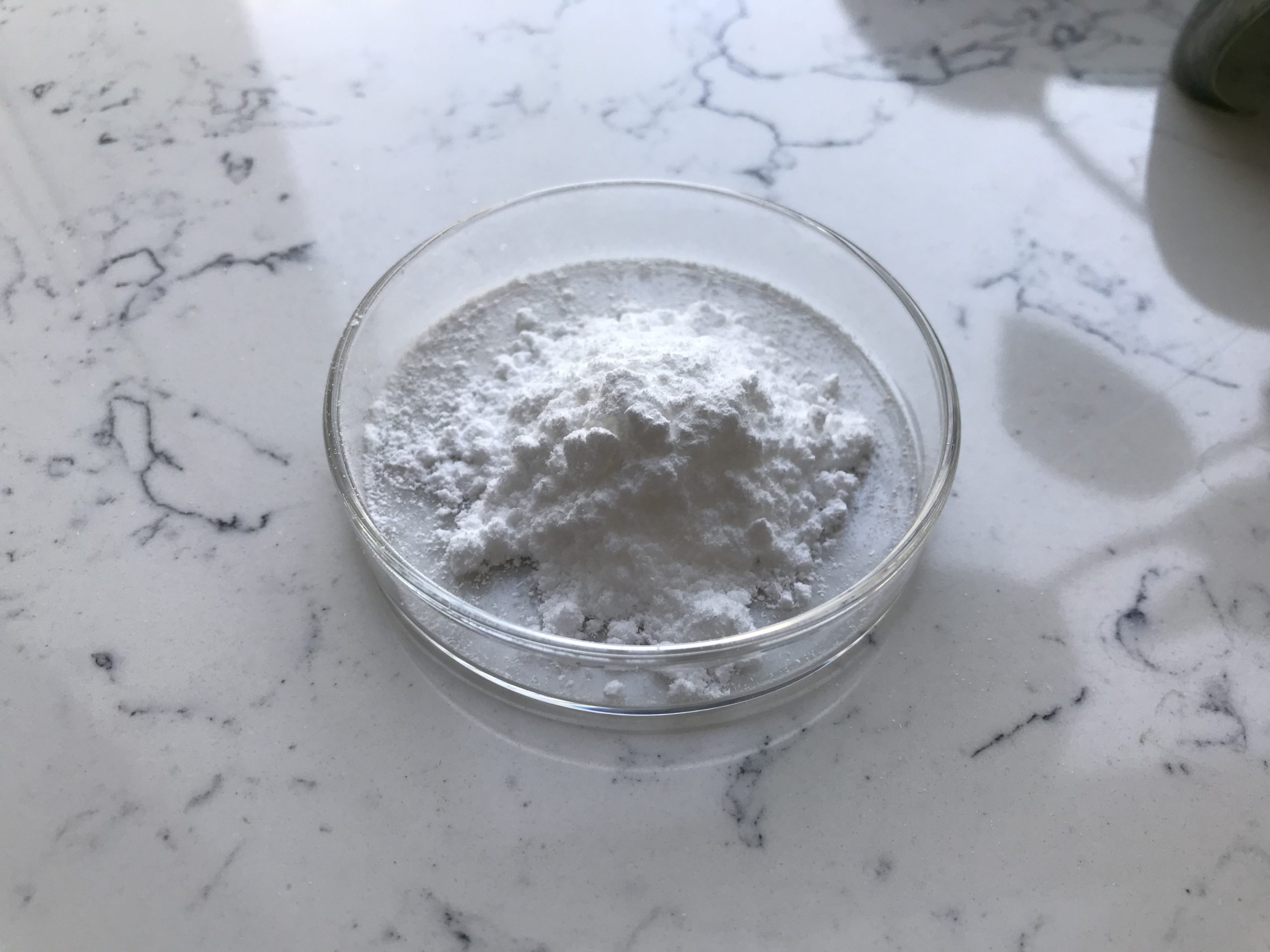L-Arginine is an amino acid that plays a crucial role in various physiological processes within the human body. It is commonly used as a dietary supplement for various purposes, including improving athletic performance, treating certain medical conditions, and promoting overall health. Here’s an overview of its efficacy, potential side effects, and special considerations:

Efficacy of L-Arginine:
- Cardiovascular Health: L-Arginine is often used to improve cardiovascular health. It is a precursor to nitric oxide (NO), a molecule that helps relax and dilate blood vessels, which can lead to improved blood flow and reduced blood pressure. Some studies suggest that L-Arginine supplementation may be beneficial for individuals with hypertension and those at risk of heart disease.
- Erectile Dysfunction: L-Arginine is also used as a natural remedy for erectile dysfunction (ED). Nitric oxide plays a role in penile blood flow, and some studies have shown that L-Arginine supplementation may help improve erectile function in men with mild to moderate ED.
- Exercise Performance: Athletes and bodybuilders sometimes use L-Arginine to enhance exercise performance and increase muscle mass. It is believed to stimulate the release of growth hormone and promote muscle protein synthesis. However, the evidence for its efficacy in this regard is mixed.
Side Effects of L-Arginine:
- Gastrointestinal Distress: Some individuals may experience mild gastrointestinal side effects like bloating, diarrhea, or abdominal pain when taking L-Arginine supplements, especially in high doses.
- Allergic Reactions: Allergic reactions to L-Arginine supplements are rare but can occur. Symptoms may include hives, itching, difficulty breathing, or swelling of the face, lips, tongue, or throat. Seek medical attention if you experience any signs of an allergic reaction.
- Interaction with Medications: L-Arginine may interact with certain medications, such as those for high blood pressure, diabetes, and blood-thinning drugs. It can potentially enhance the effects of these medications, leading to low blood pressure or excessive bleeding. Consult with a healthcare professional before taking L-Arginine if you are on any medications.
Special Considerations of L-Arginine:
- Dosage: The appropriate dosage of L-Arginine can vary depending on the individual’s health condition and intended use. Always follow the recommended dosage instructions on the product label or consult with a healthcare provider for personalized guidance.
- Medical Conditions: People with certain medical conditions, such as herpes, should exercise caution when taking L-Arginine supplements, as they can exacerbate outbreaks of the virus.
- Pregnancy and Breastfeeding: The safety of L-Arginine supplements during pregnancy and breastfeeding has not been well studied. Pregnant or breastfeeding individuals should consult their healthcare provider before using L-Arginine supplements.
- Children: L-Arginine supplements should only be given to children under the guidance of a healthcare professional.
- Quality of Supplements: Ensure that you choose high-quality L-Arginine supplements from reputable manufacturers to minimize the risk of impurities or contaminants.
In summary, L-Arginine has potential benefits for cardiovascular health, erectile dysfunction, and exercise performance, but its efficacy can vary among individuals. It is generally safe when used as directed, but individuals should be aware of potential side effects and consult with a healthcare provider, especially if they have underlying medical conditions or are taking medications. Always follow recommended dosages and guidelines for safe use.
